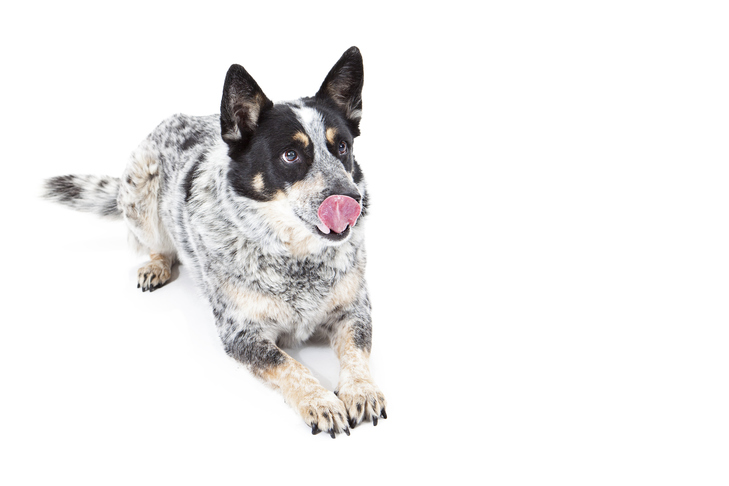
Brussels sprouts seem to be one of those foods that people either love or hate. If you’re in the former camp, you may be tempted to share some sprouts with your dog. But is it safe? The answer is yes, with a few precautions.
The Upside to Feeding Your Dog Brussels Sprouts
This cruciferous vegetable is loaded with nutrients, like vitamins, fiber, and antioxidants that are good for humans and canines alike. Brussels sprouts contain vitamin K, which helps blood clot properly, builds bones, and protects the heart. They also contain a mini-alphabet of other vitamins, including
C, A, B1, and B6. The antioxidants reduce inflammation and improve blood circulation. As if that’s not enough goodness, this veggie also contains compounds that can protect against free radicals, which are known to be harmful.
The Downside of Brussels Sprouts
So, if Brussels sprouts are so good for your dog, why not feed them a hearty helping each day? Because there’s a well-known downside: gas. Lots and lots of gas. Sprouts contain a high level of a substance called isothiocyanate that improves the intestinal muscles’ ability to push food and waste through the gastrointestinal tract. This builds up excess bacterium, which leaves the body as gas. A moderate amount “clears the pipes,” so to speak.
Too much and your dog can suffer from stomach upset and diarrhea. Even small and moderate amounts of Brussels sprouts will cause flatulence. And while it may send you running from the room, it’s not harmful to your dog. This nutritious veggie has no toxins or poisons, and there’s no immediate cause for alarm if your dog experiences a temporary stomach upset or a record-setting level of flatulence. Consult your vet, of course, if symptoms last longer than a few days.
Preparation and Serving
The best way to prepare Brussels sprouts for your dog is to steam, boil, or microwave them. Steaming preserves the largest amount of nutrients. Start with sprouts that are green and firm. Wash them thoroughly and cut off most of the stem, leaving the leaves intact. Steam for five minutes or microwave in water for up to eight minutes. Boiling takes longer, about 10 minutes, and doesn’t preserve as many of the nutrients. Don’t serve them raw; they’ll be too hard for your dog to digest. And skip the herbs and spices.
If your dog has any dietary issues or allergies, do not feed them Brussels sprouts without first consulting your veterinarian. If your dog is cleared to eat this vegetable, start by giving them a small portion, 1/2-to-1 sprout, depending on your pup’s size. If that goes well, you can offer them a Brussels sprout treat—no more than three per serving—from time to time.
While you’re at it, prepare some for yourself, too. They’re good for you!